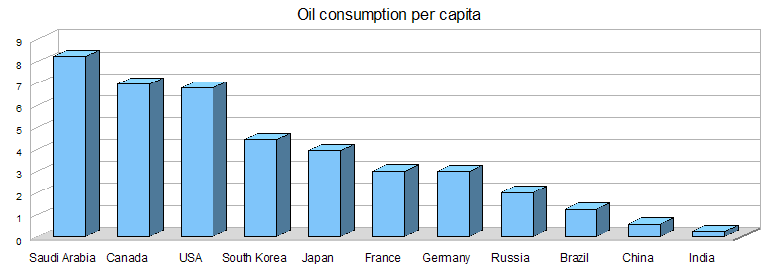nwdiver
Well-Known Member
That's sort of the line of thinking I had also when I read this. I don't doubt that the refineries contribute to air pollution, but are they entirely responsible for global warming? IF this were even an argument, I'd think ICE manufacturers would be more responsible for pollution than the oil companies as its the spent gases of an engine, not the oil or gasoline/diesel itself, that is the contributor.
ICE manufacturers didn't find out AGW was a threat then lie about it for >20 years.
Penalizing the oil companies with huge fines will only raise the price of everything else (by pushing down the cost of the fines to the consumer) and further lower the quality of life for those who can least afford it.
That's why we need a revenue neutral carbon tax. If it's structured correctly you raise the cost of fossil fuels and ensure low income people get help with the temporary spike in energy costs. I think an ideal Carbon tax would be ~$0.20/kWh and ~$2/gal. The funds collected would be distributed inversely to income. HUGE incentive to stop burning oil, gas and coal. The poor don't get hurt. win-win.
It's lawsuits or a carbon tax. Pick one.



